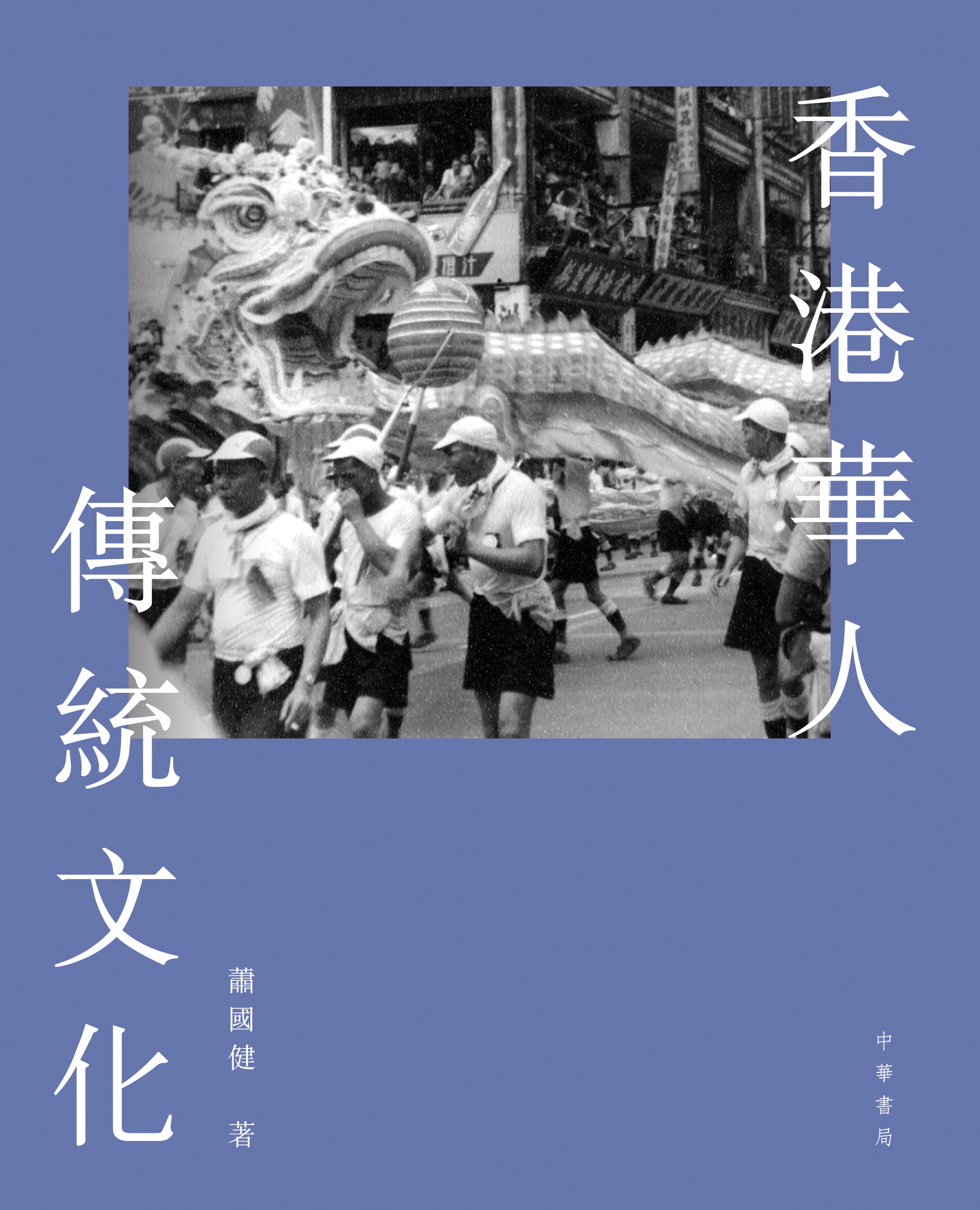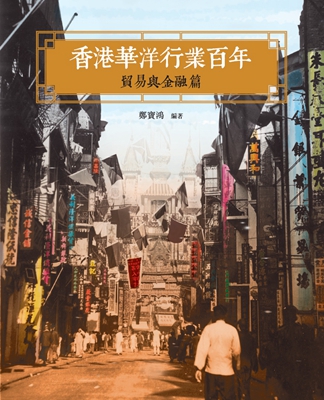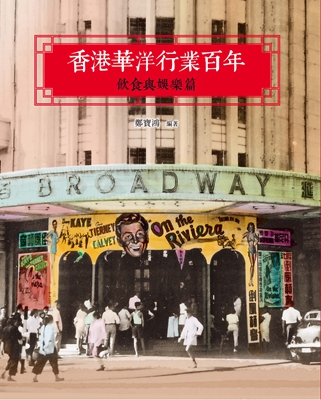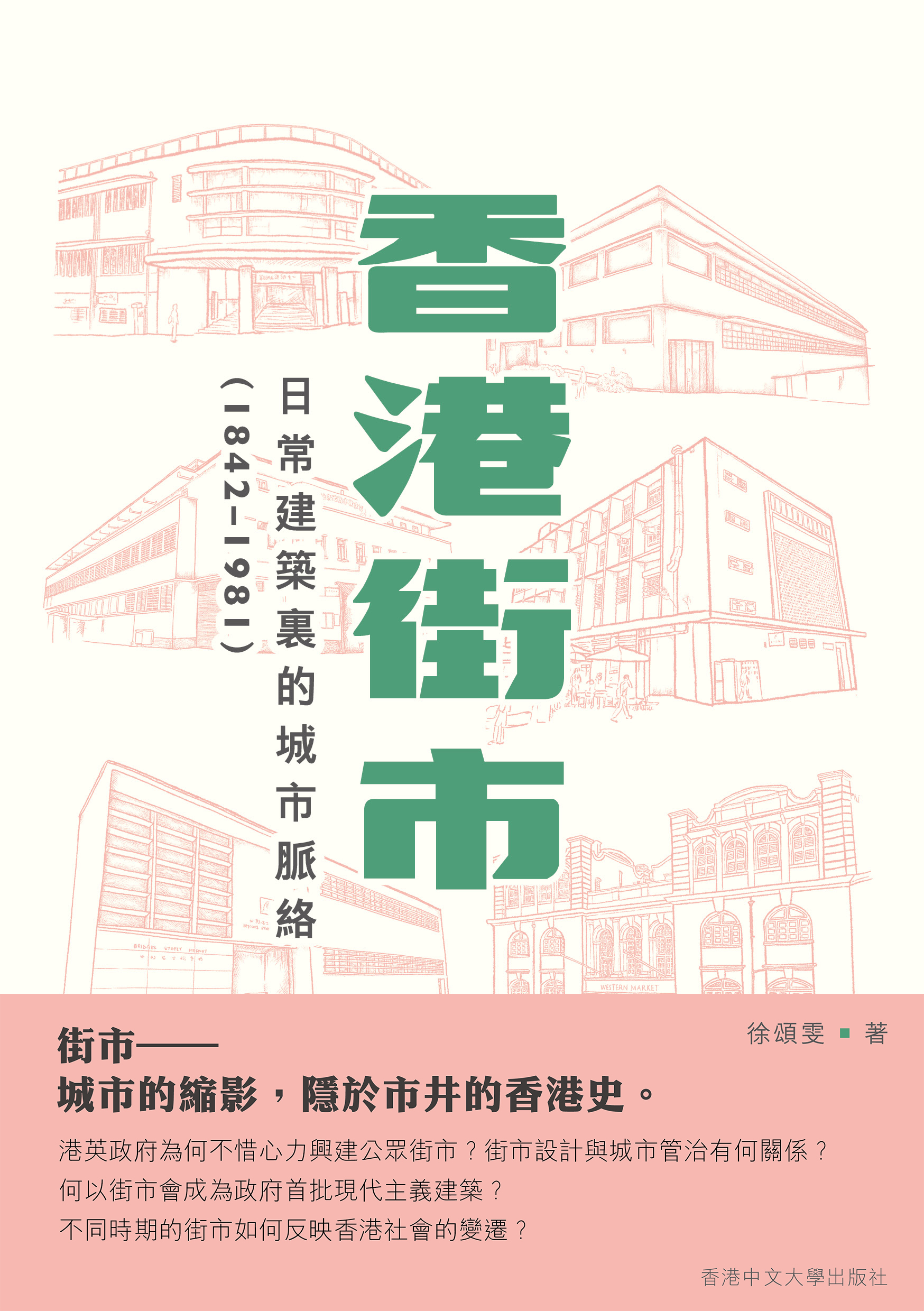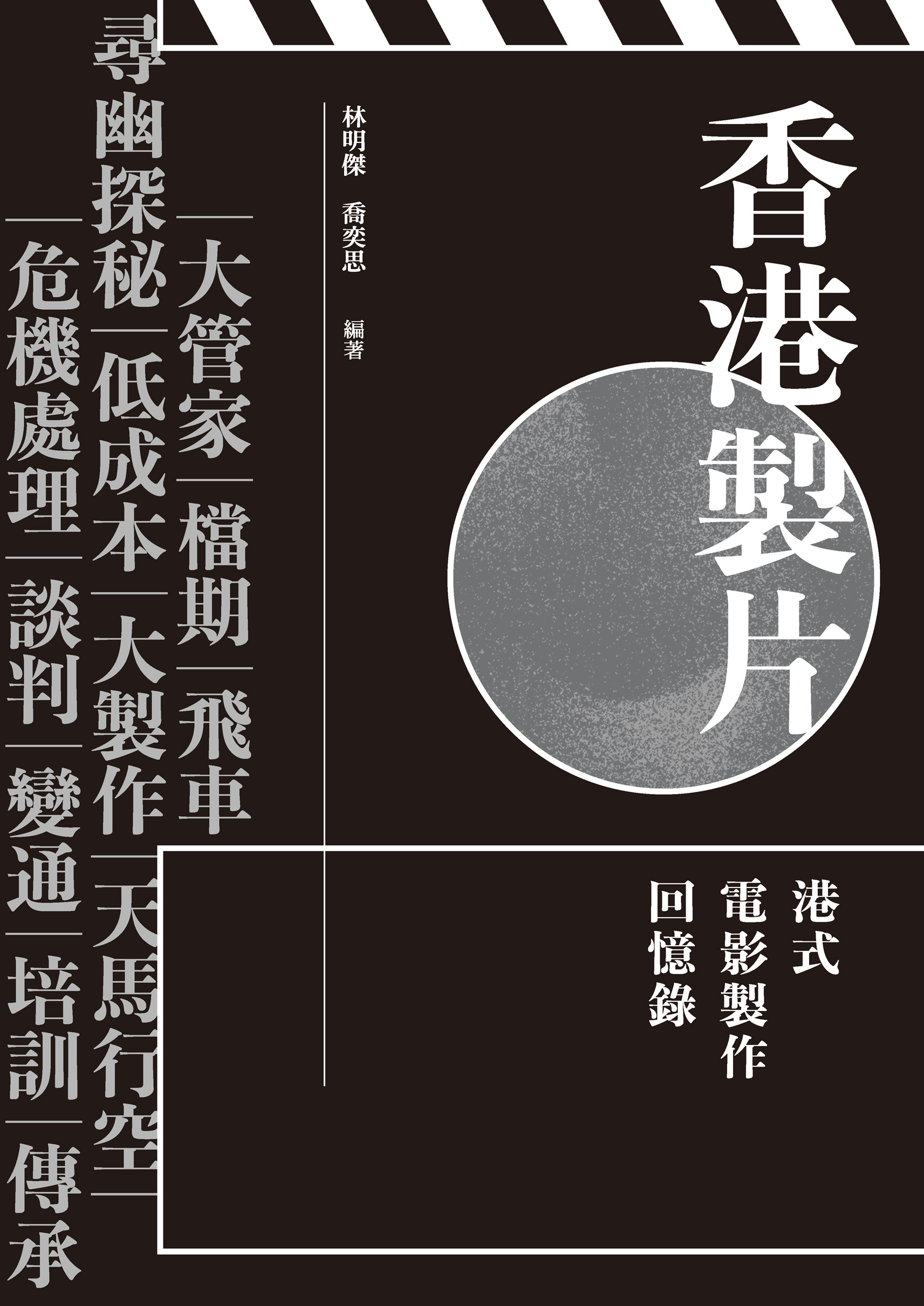e-Book List
e-Book
Professor Siu Kwok-kin has dedicated many years to studying and documenting the historical culture of Hong Kong. In collaboration with friends from various backgrounds, he conducts field investigations in Hong Kong and neighbouring areas, meticulously collecting data through transcribing inscriptions, capturing photographs, and engaging in conversations with village elders. Back at his desk, Professor Siu utilizes historical documents, local chronicles, genealogies, and inscription materials to delve into the lives and traditional culture of the Chinese people in the area. The resulting publication serves as a historical record, preserving the disappearing aspects of Hong Kong's cultural heritage, and aims to provide readers with a more accurate understanding of the lives and traditional culture of the Chinese people in Hong Kong.
- AuthorSiu Kwok-kin
- PublisherChung Hwa Book Co., (H.K.) Ltd.
- Publication Date2018
Industry has been the engine of Hong Kong's rapid economic development since the end of World War II. Light industrial production, including clothing, electronics, and household goods, is popular in Europe and the United States. However, more than a hundred years ago, Hong Kong had already developed different types of light and heavy industries, which contributed to Hong Kong's economy.
Another industry that quietly serves the public is the personal service industry, which includes grocery stores, medical services, beauty, transportation, and cultural and educational services, among others, taking care of the public's clothing, food, housing, and transportation needs. These industries have remained strong over time due to unchanging demand.
Zheng Baohong, a local history expert, has once again led readers back to Hong Kong more than a hundred years ago to revisit the development of Hong Kong's industrial and service industries in the "Industrial and Service Industry" section, following the "Trade and Finance" and "Food and Entertainment" sections.
Features of this book:
1. This book introduces 32 industries and service industries in Hong Kong over the past hundred years with pictures and text, with nearly 250 pictures in total. There are few books on the market that introduce Hong Kong's various industries and trades on such a large scale, making this book unique.
2. Some of the pictures and file data published in this series are being made public for the first time.
3. The industries and service industries introduced in the pictures are interesting, and this series of three books can provide an overview of Hong Kong's century-old industries.
- AuthorCheng Po-hung
- PublisherThe Commercial Press
- Publication Date2016
- Preview
Since its establishment in 1841, Hong Kong has gradually developed various industries under colonial government. According to government statistics in 1860, there were already some commercial, trade and service industries in Hong Kong, in addition to simple fishing and farming. By the mid-20th century, Hong Kong's various industries were flourishing and had become very mature.
Local history expert Cheng Baohong introduces more than 20 trade and financial industries in Hong Kong that have either declined or kept pace with the times over the past century through more than 100 precious photos and historical details. This book allows you to understand the historical development of industries and to remember the hard work of Hong Kong people.
Features:
1. This book introduces about 20 industries in Hong Kong over the past century with nearly 200 pictures. There are few books on the market that introduce Hong Kong's various industries on such a large scale, making the subject unique.
2. The author is an expert in Hong Kong's historical picture and file collection. In recent years, he has published a variety of books, and his popularity has been rising. Most of the pictures and file data published in this series are first-time public releases.
- AuthorCheng Po-hung
- PublisherThe Commercial Press
- Publication Date2016
- Preview
Food and entertainment are the closest to the lives of ordinary people. Over the past century, some of Hong Kong's food and entertainment industries have gradually disappeared due to changes in the times and environment, while others have remained standing, accompanying Hong Kong residents through every era.
Local history expert Cheng Baohong, following the "Hong Kong's Chinese and Foreign Industries for a Century - Trade and Finance" series, in the "Food and Entertainment" series, uses more than 200 rare photos and multiple newspaper materials to review more than 20 food and entertainment industries that have been closely related to people's livelihoods in Hong Kong for more than a century. Through the details of each historical period, you can experience the leisure of the past.
Features of this book:
(1) This book introduces about 20 industries in Hong Kong over the past century with pictures and text, with nearly 260 pictures in total. There are few books on the market that introduce Hong Kong's various industries on such a large scale, and the subject matter is unique.
(2) The author is an expert in Hong Kong's historical picture and file collection. In recent years, he has published various books, and his popularity has been rising. Some of the pictures and file data published in this series are publicly available for the first time.
(3) The food, entertainment, and other industries introduced in the pictures are more closely related to people's livelihoods, which is expected to arouse readers' interest.
- AuthorCheng Po-hung
- PublisherThe Commercial Press
- Publication Date2016
- Preview
During the colonial period in Hong Kong, public markets were among the earliest public buildings constructed by the British. Over time, the architectural style of these markets transitioned from classical to modern, adapting to the changing social needs of each era. The book at hand takes a departure from previous architectural studies that focused on iconic buildings. Instead, it examines the everyday yet distinctive public markets through extensive analysis of primary historical materials. By tracing the development of market architecture during the colonial period, the book explores the social, political, and economic contexts that shaped these spaces. It offers readers an opportunity to rediscover the significance of the "market" and uncover the urban memories it holds, while connecting architectural history with the broader narrative of Hong Kong's history.
- AuthorTsui Chung-man
- PublisherThe Chinese University of Hong Kong Press
- Publication Date2022
There is a position in film production called "Producer". It appears in the opening and closing credits of the film, but few people know what it does. Some people confuse "Producer" with "Executive Producer" and "Producer", and for the general public outside the film industry, "Producer" is a group of workers with vague faces. The English name of the Producer position is "Production Manager", which is the project manager of film production. It is responsible for all matters before, during and after the shooting, and ensures that relevant people and things are smoothly promoted. The Producer also serves as a customer service and crisis management worker for the drama group, responsible for handling any emergencies during production. This book interviewed ten producers, all of whom are experienced and adaptable. In the 1980s and 1990s, when the Hong Kong production system was not yet sound, the behind-the-scenes stories of outdoor shooting were often more exciting than the front. Their experiences are also part of Hong Kong film history, and the stories of Hong Kong producers of different generations tell the experience of Hong Kong film production, which is also an interesting side of modern Hong Kong film history.
- AuthorLam Ming-kit
- PublisherJoint Publishing
- Publication Date2022


